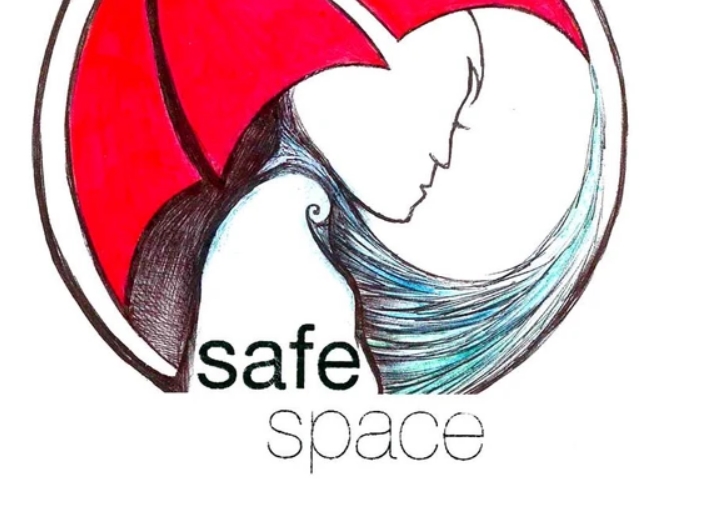
The first shelter for London’s sex workers has finally found a home, after a conversation at the recent homelessness summit led to a property.
SafeSpace London hopes to open a 20-bed shelter with washrooms, showers, laundry service and communal drop-in space by the beginning of March, executive director Jenna Rose Sands said Monday.
“Everyone is feeling pretty excited,” she said. “It’s a pretty big move into a larger space.”
SafeSpace London is a volunteer-run and community-funded centre for sex workers, their allies and women and gender non-conforming people in crisis.
The organization provides advocacy, harm reduction, food, supplies and other supports, and aims to educate the public and promote the decriminalization of sex work.
The grassroots organization hasn’t operated a shelter before and its communal drop-in space on Rectory Street mostly shut down during the pandemic because of COVID-19 health restrictions, even as demand for help grew.
“Folks want to be back inside for fostering that element of community,” Sands said.
The SafeSpace shelter and funding for 20 beds were announced in November as part of the city’s $5-million response to winter homelessness that aims to provide nighttime shelter for 140 people.
“Women need an emotionally and physically safe place to go to so they can rest and relax,” said Anne Armstrong, executive director of London Cares and a leader of both the winter response and of the series of homelessness and health summits.
Other shelters and day programs opened in December, but SafeSpace had difficulty finding a building.
“It seems we are stigmatized by the work that we do,” Armstrong said. “’I’m saddened that people won’t give us the opportunity to prove that we want to be good neighbours.”
But the SafeSpace situation also proves a new collaboration in London is already working, she said.
“People can and will step up, which is the value of the summit and people all rowing in the same direction,” Armstrong said.
The collaboration for the SafeSpace shelter has its roots in the summer, when Sands and others in a coalition of front-line leaders and workers organized a hunger strike at city hall to highlight the deaths and treatment of homeless Londoners.
That strike led to a community-organized winter response, co-ordinated by Armstrong, with funding and co-operation from city hall.
City hall and several health-care institutions then organized a series of three summits on health and homelessness that also welcomed social service, business and development industry leaders.
That summit has drafted what participants call a new system to tackle the intertwined problems of homelessness, health and addiction.
The summit efforts got a giant recent boost with the announcement of a $25-million donation from a London family wishing to remain anonymous.
London realtor Marcus Plowright helped arrange that donation.
“I met that donor and we shared the passion for trying to do something to help the disadvantaged, to create a fund and use his enormous donation to create change in the community,” he said.
That work got Plowright an invitation to the second summit in December that drew about 200 participants.
“You realize there are so many people in the room who want to do something meaningful and quick to ease the suffering but also something long term and significant,” Plowright said.
Plowright offered his own help at the summit, and soon got a call about the need for a winter shelter for SafeSpace.
He put his team on the problem and they quickly found 10 properties, but none were available, Plowright said.
He then reached out to another property owner and within a few hours had an agreement.
“It made economic sense for him to do that, but mostly because he knew it was the right thing to do,” Plowright said.
The property owner promised to make some alterations for showers and laundry to the old bank building at Dundas and Lyle streets, and as of Tuesday, the space will be available for SafeSpace to start moving in, Plowright said.
The lease has an option to extend into next winter as well, he added.
“My wife and I couldn’t feel better about seeing the city come together and solutions come quickly,” Plowright said. “Our donors, even though this doesn’t involve them or their funds — this is the exact reason why they got involved.”
rrichmond(at)postmedia(dotted)com Publisher: London Free Press